How to Make Worm Tea
This post may contain affiliate links. See my disclosure policy.
Super easy to make, Worm Tea is the miracle elixir that will infuse your soil with beneficial microbes, prevent and treat plant diseases, ward off pests, improve soil structure, increase your soil’s water-holding capacity, and promote the health, strength and yields of your plants!
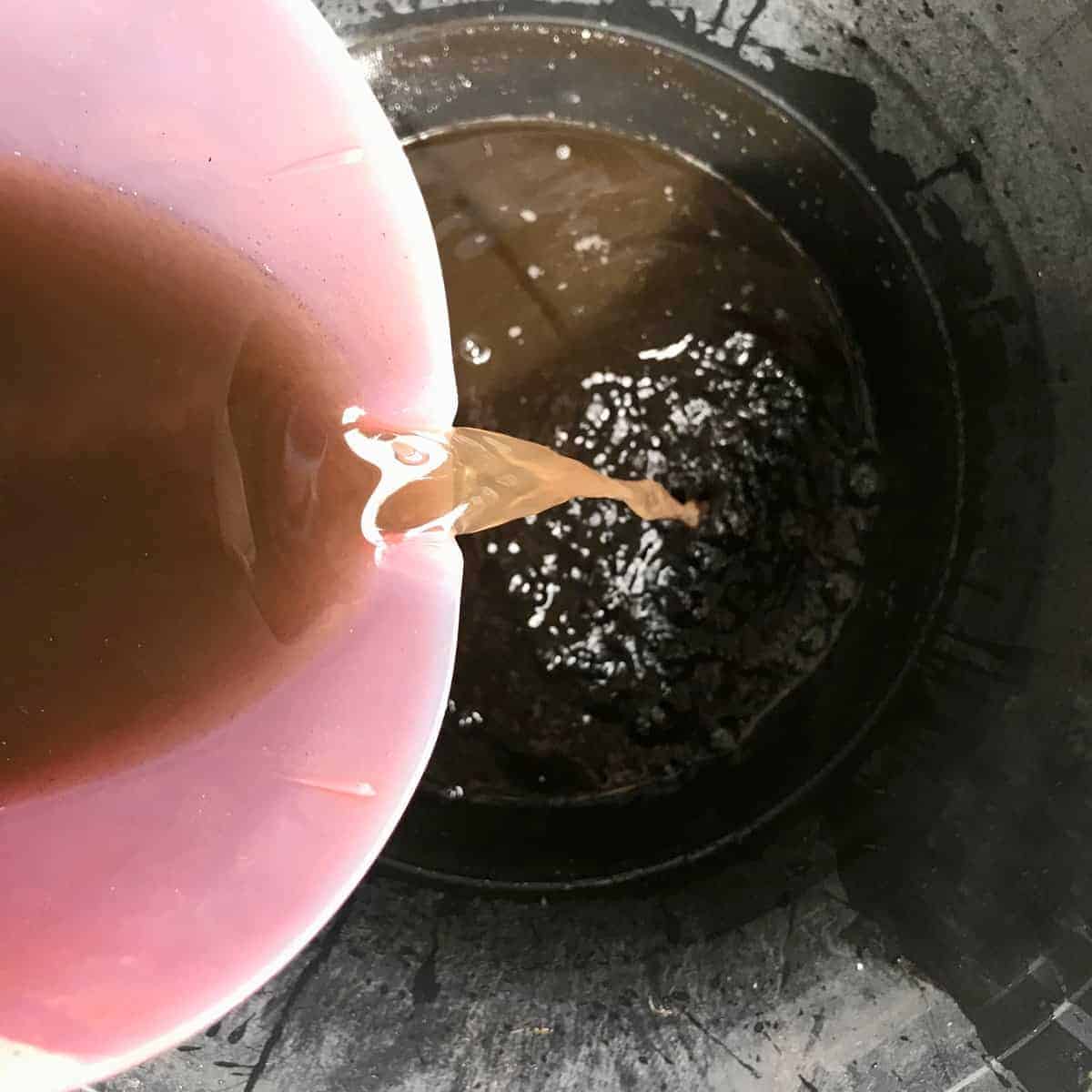
Incredibly simple and quick to make with visibly impressive results, Worm Tea is a MUST for every organic gardener!
What Is Worm Tea?
Also called worm casting tea, vermicompost tea, or worm compost tea, it is an all-natural liquid fertilizer that is made from steeping worm castings (worm manure) in water. In this way the nutrients in the worm castings are extracted into the water and the resulting “tea” is used for watering and nourishing plants.
Worm castings are created when worms consume and recycle organic matter and food scraps which are then passed through the worm’s body and exit at the end. Worm castings are packed full of healthy microbes and nutrients that have been shown to boost plant health with incredible results.
Why tea? Rather than spread handfuls of worm castings across a large area (not cost effective), worm casting tea is an effective way to “stretch out” the worm castings to cover more area and to allow for easy application (simply water the plants).
Benefits of Worm Tea
A couple of years ago I read about a study that was conducted using worm castings. Researchers at a university in the U.S. placed two rows of plants in a greenhouse. One row of plants were given worm castings, the other row did not. The researchers then released plant pathogens into the greenhouse and stepped away for a couple of weeks. What they observed astounded them: The plants with the worm castings were healthy and thriving. The plants without the worm castings were diseased and dying. These remarkable results have been repeated over and over since:
The National Center for Biotechnology Information (NCBI) states that “soils with low organic matter and microbial activity are conducive to plant root diseases and addition of organic amendments can effectively suppress plant disease.” Worm castings, also known as vermicompost, have been proven to be especially effective in accomplishing this.
More from the NCBI: “Vermicompost enhances soil biodiversity by promoting the beneficial microbes which in turn enhances plant growth directly by production of plant growth-regulating hormones and enzymes and indirectly by controlling plant pathogens, nematodes and other pests, thereby enhancing plant health and minimizing the yield loss….It is found to enhance the beneficial microflora and suppress harmful pathogenic microbes. Due to richness in nutrient availability and microbial activity, vermicomposts increase soil fertility, enhance plant growth and suppress the population of plant pathogens and pests.”
To summarize, worm castings:
- Infuse and repopulate soil with beneficial microbes
- Help prevent diseases and pests in both the soil and the plants
- Help reverse the effects of disease
- Help restore polluted soil
- Improve soil structure by aerating it and making it more porous
- Increase the soil’s water-holding capacity
- Promote more foliage and larger/thicker stems
- Increase higher yield
Additionally, worm castings:
- Have a higher nitrogen, phosphorus and potassium content than other composts
- In organic farming have consistently yielded the best results compared to all other fertilizers
We use a no-till method in our garden and a primary focus is the health of the soil. I regularly make and use worm casting tea for our vegetables, berries, and fruit trees.
Below are a few pictures from our garden:
Which Plants Benefit from Worm Casting Tea?
Worm casting tea can be used on any type of plant and everywhere: Flower beds, vegetable gardens, raised beds, potted plants and containers, hanging baskets, house plants, shrubs and trees. It’s also known to make grass greener (brew up several gallons and use a sprayer to apply it all over your lawn.) It is completely natural, organic, and beneficial for all plants.
Worm tea can also be applied to your compost pile to help speed up decomposition.
How Often Should You Use Worm Tea?
As often as you like. There’s really no way to “overdo” it.
To reap the benefits of worm tea you can limit applications to once every 2 weeks for most plants and once a week for vegetables and fruits. If a plant is showing signs of distress of disease, apply more frequently.
Below: Some more pictures from my garden.
How to Apply Worm Tea
You can use worm casting tea to water the soil or use it as a foliar spray to spray directly onto the plants. The latter is especially effective if the foliage is showing signs of disease.
How Long Does Worm Tea Last?
Worm casting tea does not get better with time. It has living microbes in it and needs to be used up pretty quickly. In cold temperatures it will keep for 3 days before the microbe populations begin to decrease. In warmer temperatures use it within 24-48 hours. Be sure to keep your worm tea out of the sun; store it in a shady area.
Where to Buy Worm Castings
There are several brands of worm castings you can buy but be careful to look at the ingredients to make sure that what you’re getting is 100% worm castings and not worm castings mixed with soil or other compost.
I’ve been using and am happy with the ones from Wiggle Worm Soil Builder which I have found to be the best value and if you buy it in bulk quantities you get the best deal.
How to Make Worm Tea
Before we get started, just in case there is any doubt: NO, worm tea is NOT for drinking!
We’re making a basic worm tea without any special equipment needed. If you’d like to take it a step further by aerating your tea, we’ll discuss that next.
Equipment Needed:
- 5 gallon bucket (larger if doubling/tripling/etc the tea; smaller if making less quantity)
- 4 gallons water (ideally use rain or well water because it has no chlorine; otherwise use city water but let it sit out for 24 hours before proceeding – chlorine is very volatile and will evaporate out on its own)
- 5 to 6 cups worm castings
- 3 tablespoons molasses (encourages the growth of healthy microorganisms)
- Porous material for a compost tea bag (cheese cloth, dish towel, old t-shirt, etc). Optional but will prevent your watering can or spray bottle from clogging when it’s time to use the tea. Alternatively you can pour the finished tea through a fine mesh strainer into your watering can.
Process:
- Fill the bucket with water. Add the worm castings and the molasses. Stir to combine. (If you’re using a compost tea bag, place the worm castings in the cloth and tie to secure it shut. Place the bag in the water.)
- Let the tea steep overnight. It will be a dark brown color. Give it another stir. Remove the compost bag if using (place the contents onto the soil or on your compost pile).
- Pour some of the worm tea into your water can or spray bottle and dilute with water until it is a light brown color – the color of weak tea.
- Use immediately for best results. The microbes will begin dying off quickly so the sooner you use the compost tea the better while it’s most potent.
Do You Need to Aerate Worm Tea?
Both sugar (molasses) and aeration boost the microbial activity resulting in an increased microbial population. Sugar alone will do that but adding some aeration will increase it further.
If you choose to aerate it you can use a fish tank bubbler to add oxygen while the tea is steeping. Insert the aerator all the way to the bottom of the bucket. Let it aerate for 48-72 hours, stirring occasionally.
To summarize:
Pour the water into the bucket.
Add the worm castings and the molasses.
Stir the mixture to combine and let it steep overnight. (See section above on aerating if you’d like to aerate your brew.)
Dilute the worm tea with water until it is a light brown color – the color or weak tea.
Use immediately and use the remaining tea within 24 hours (store in a shady place).
For more gardening topics, be sure to check out our tutorials on:
- How to Save Tomato Seeds
- How to Save Kale Seeds
- How to Save Asparagus Seeds
- How to Save Pea Seeds
- What to Do When Rhubarb Bolts
- How to Freeze Kale (& Other Leafy Greens)
- How to Freeze Zucchini
- How to Freeze Green Beans
- How to Freeze Okra
- How to Freeze Leeks
Save This Recipe
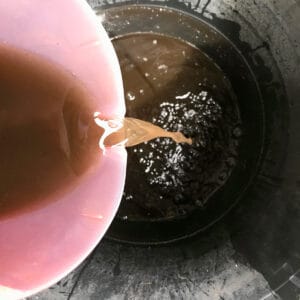
How to Make Worm Tea
Equipment
- 5 gallon bucket (larger if doubling/tripling/etc the tea; smaller if making less quantity)
- Porous material for a compost tea bag (cheese cloth, dish towel, old t-shirt, etc). Optional but will prevent your watering can or spray bottle from clogging when it's time to use the tea. Alternatively you can pour the finished tea through a fine mesh strainer into your watering can.
Ingredients
- 4 gallons *dechlorinated water (* ideally rain water or well water; if using city water let it sit out for 24 hours and the chlorine will naturally evaporate)
- 5 to 6 cups worm castings
- 3 tablespoons molasses
Instructions
- Fill the bucket with water. Add the worm castings and the molasses. Stir to combine. (If you're using a compost tea bag, place the worm castings in the cloth and tie to secure it shut. Place the bag in the water.) Let the tea steep overnight. It will be a dark brown color. Give it another stir. Remove the compost bag if using (place the contents onto the soil or on your compost pile). Pour some of the worm tea into your water can or spray bottle and dilute with water until it is a light brown color - the color of weak tea.Use immediately for best results. The microbes will begin dying off quickly so the sooner you use the compost tea the better while it's most potent.Makes 4 gallons worm castings tea.NOTE: If you're interested in aerating your worm tea see blog post.

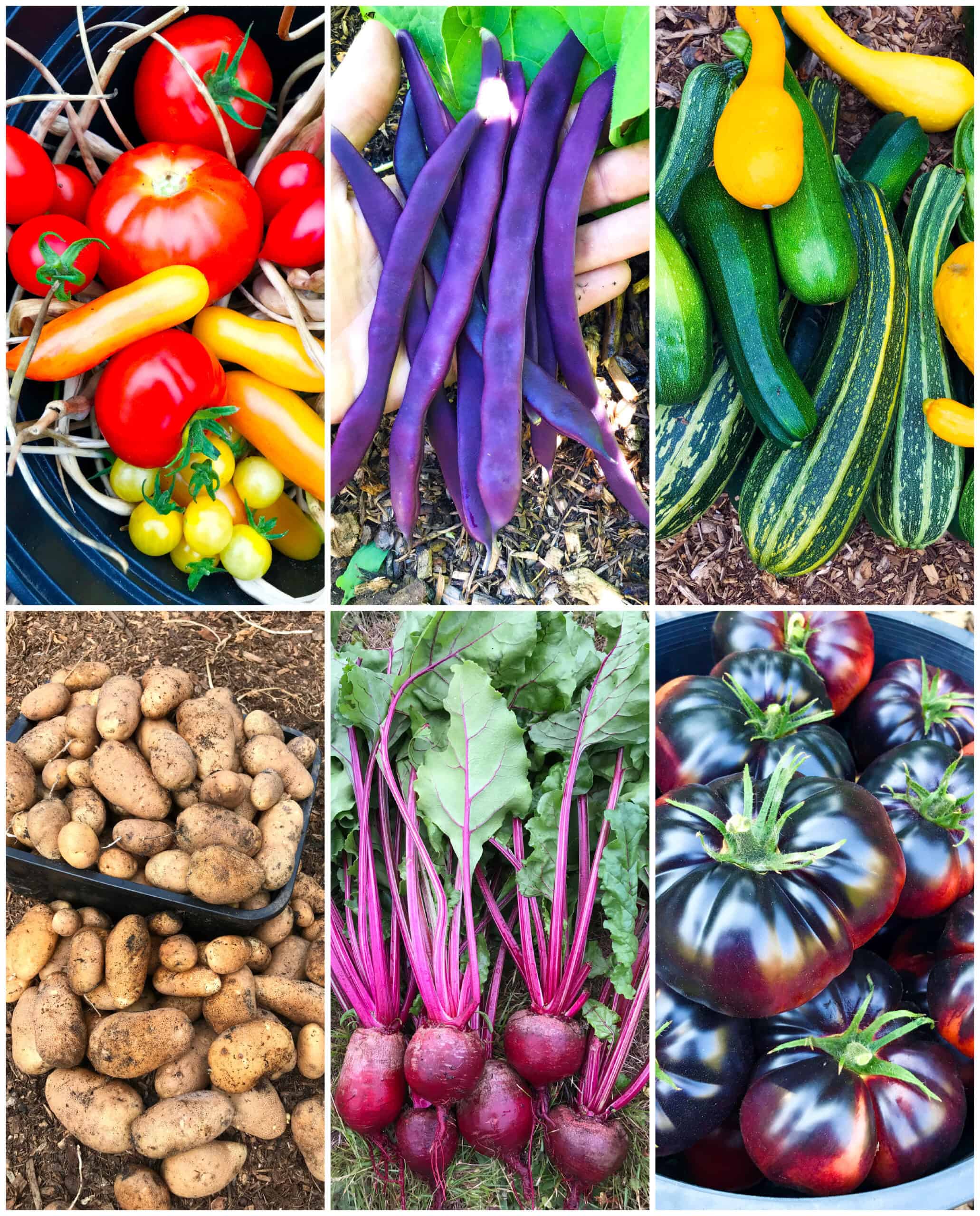
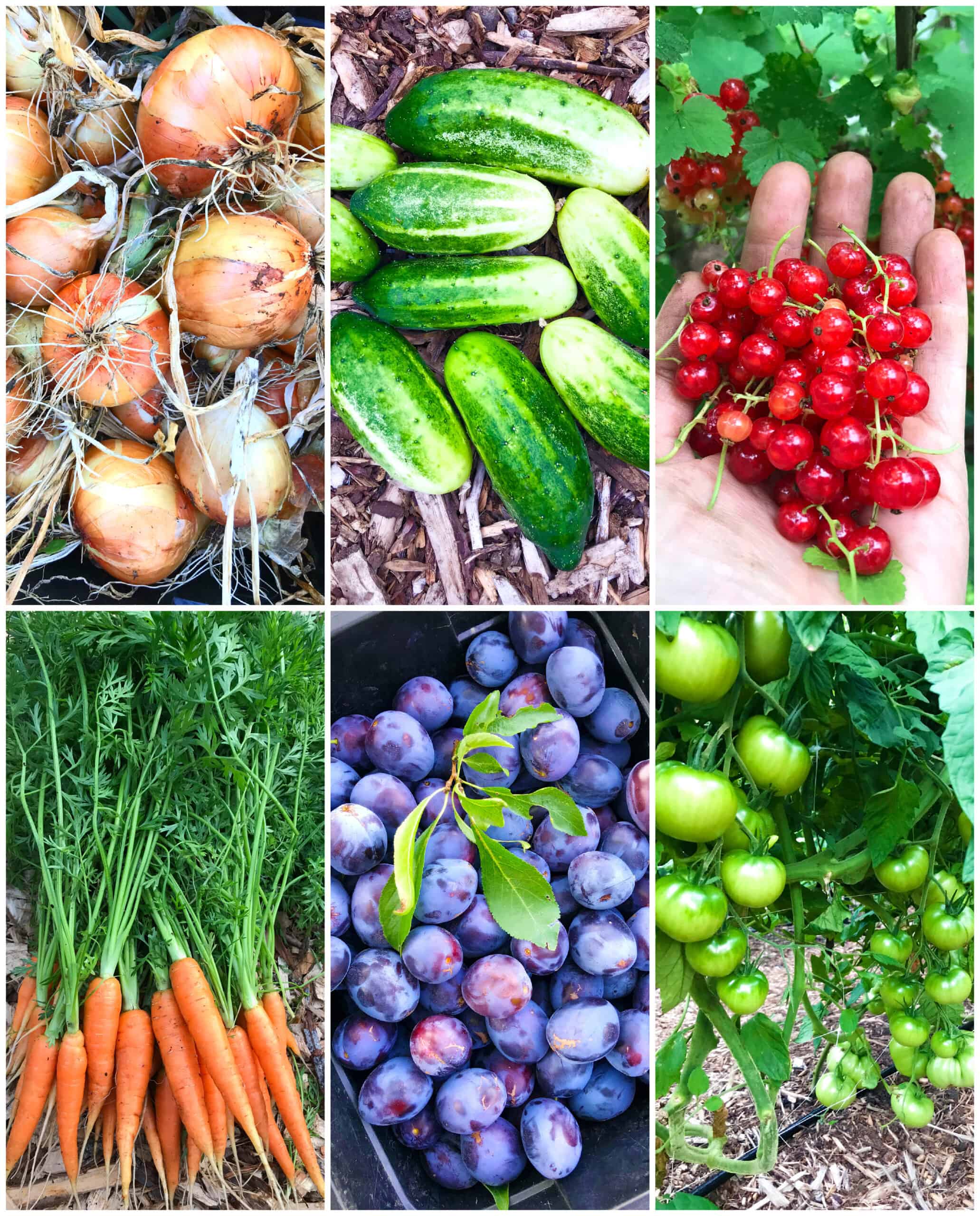
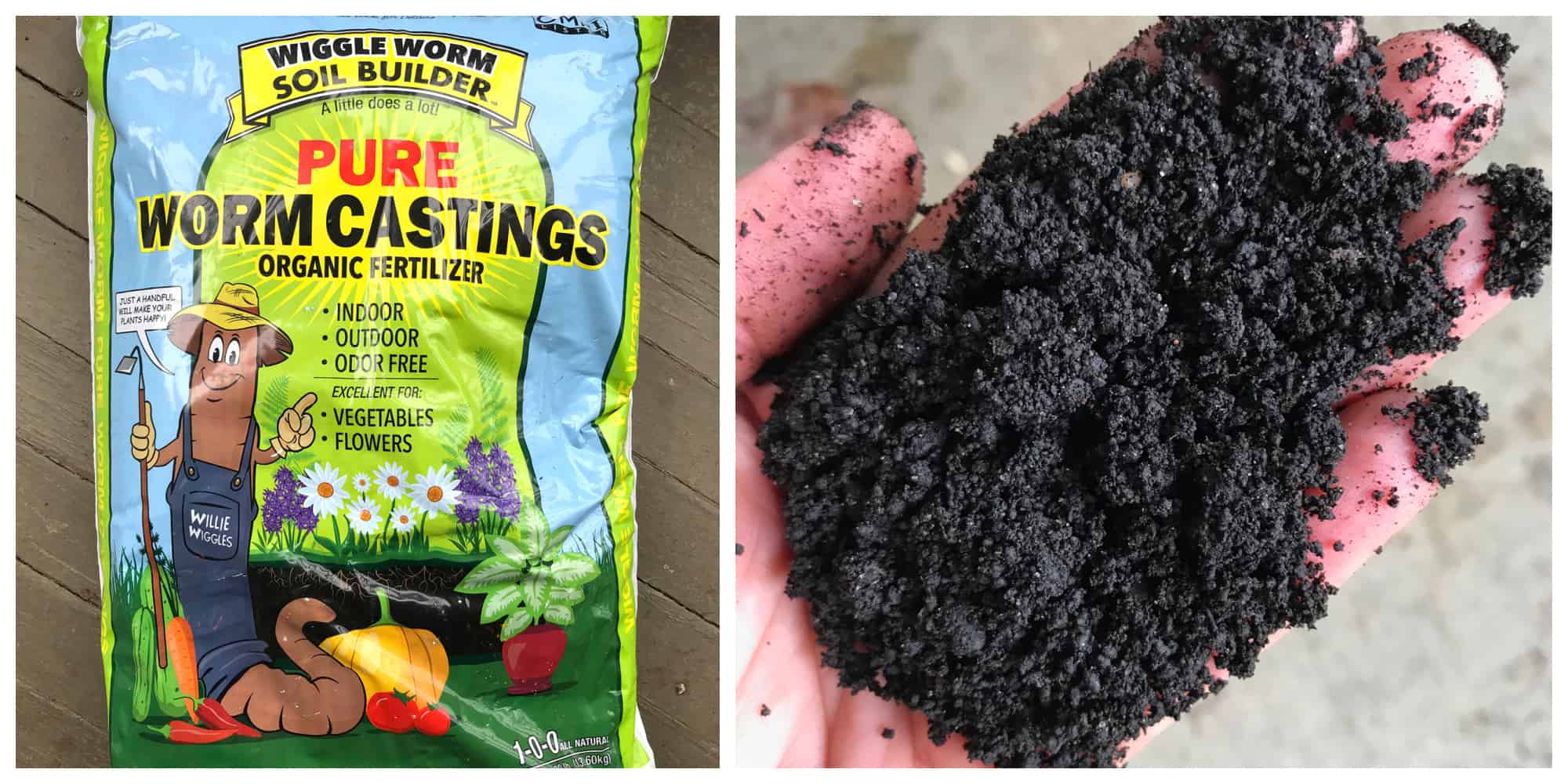

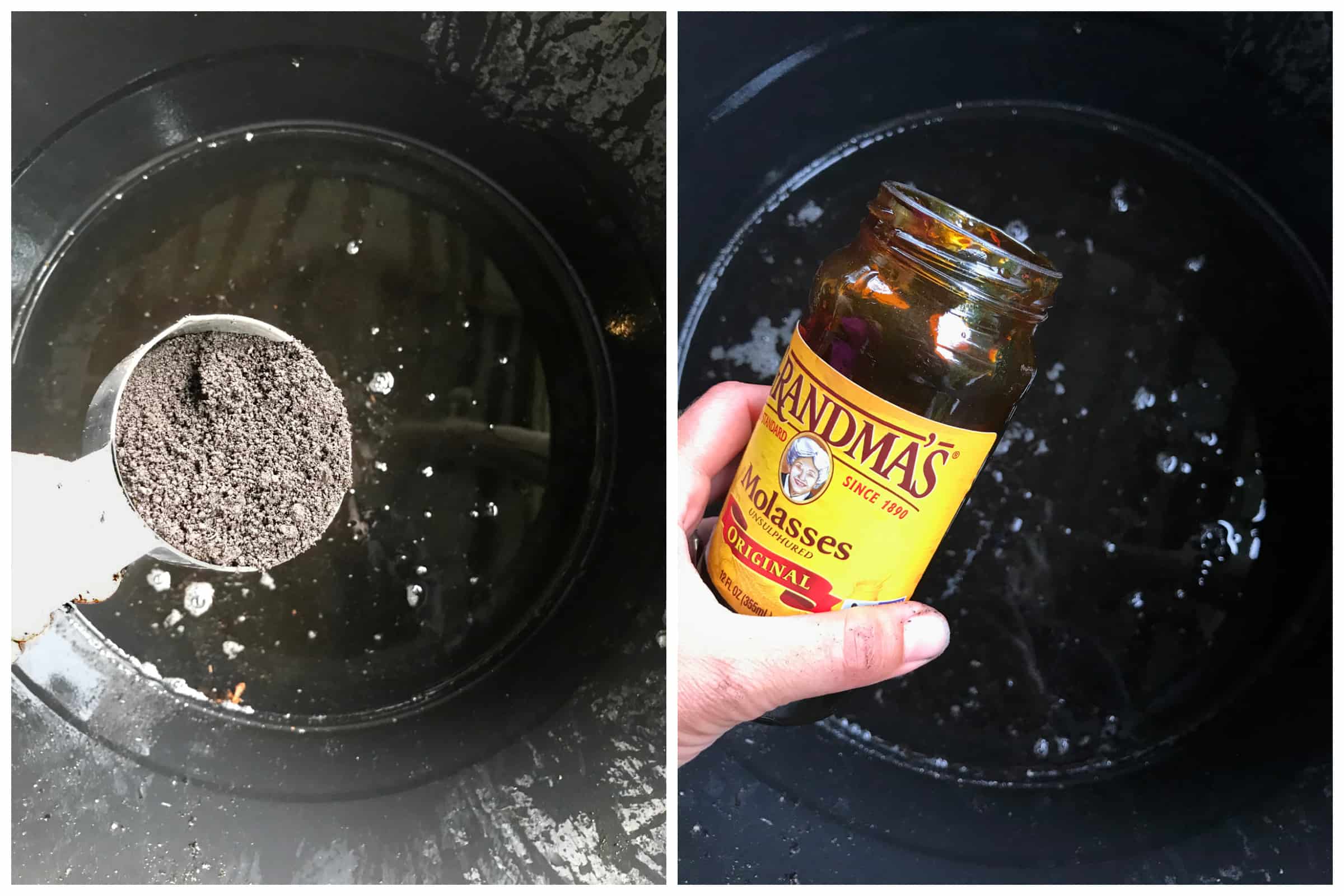
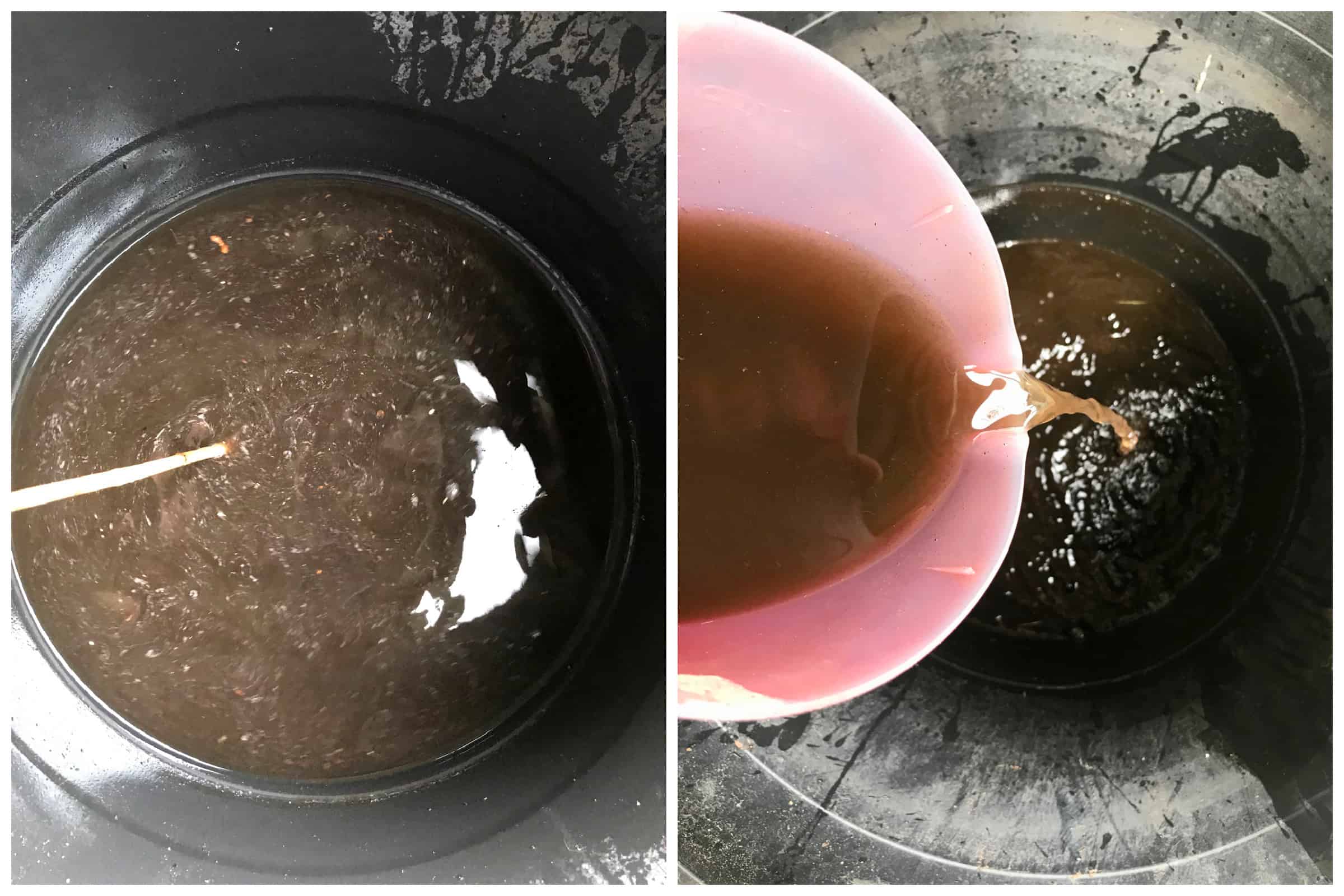


















Only watering about 30 indoor plants. How much warm tea would I need to make up? 1 cup worm castings & 1 gallon of water? I water my plants only once a week.
Hi Lovie, depending on the size of the house plants that should be enough. If not you can always increase it the next time.
Very interesting! Thank you for setting it up so I can easily print recipe.